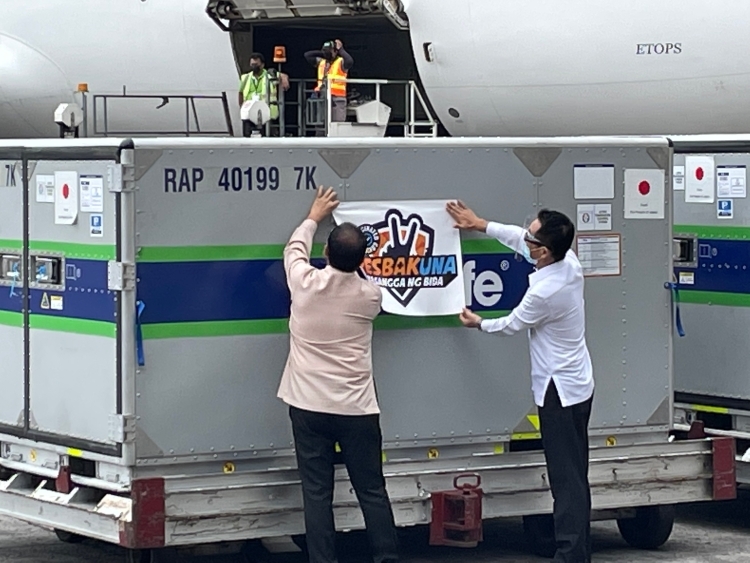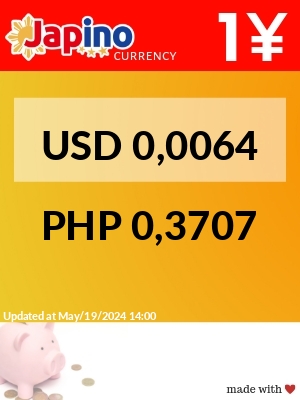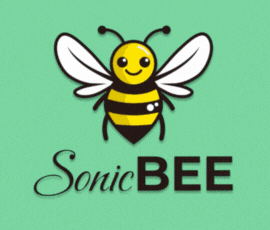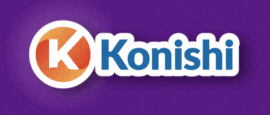Japan Stepping up COVID Vaccine Diplomacy, Without Strings Attached

Japan was said to have made a late start to vaccine diplomacy but has since become the world’s third-largest supplier of vaccines in grant-in-aid.
The nation has already supplied some 30 million doses of COVID-19 vaccines mainly to Southeast Asian and other countries involved in Japan’s “free and open Indo-Pacific” strategy, as it promotes its diplomatic campaign.
China took the lead in the initial stage of vaccine diplomacy “as part of its hegemonic foreign policy,” said a senior official at Japan’s Foreign Ministry.
Addressing the U.N. General Assembly via a video link in September 2020, Chinese President Xi Jinping said China would provide its homemade vaccines to developing countries on a priority basis as “an international public good.” China subsequently declared a policy of providing 2 billion doses in 2021, by expanding the supply of vaccines from Southeast Asia to Africa, Latin America, and other regions of the world.
But China’s supply of vaccines, either loaned or donated, is linked to certain goals, Japanese government officials said.
While offering support for other countries’ battles against the coronavirus crisis, China puts forward demands to recipients such as participation in its “Belt and Road” global infrastructure development strategy, preferential treatment for Chinese companies in these countries and alignment with China on human rights and other issues of international concern, according to the officials.
The United States and European countries are growing more alarmed by China’s approach. The Group of Seven major industrialized countries voiced concern about China’s “coercive economic policies” in the chair’s statement following their foreign ministerial meeting in Liverpool, England, in the middle of December last year.
Japan was unable to begin its COVID-19 vaccine diplomacy in earnest until last June, due to the delayed start of its domestic vaccination program. As a first step, the government donated 1.24 million doses of British drugmaker AstraZeneca PLC’s vaccine, produced in Japan, to Taiwan early that month. At that time, Taiwan had accused China of blocking its procurement of vaccines. Japan has so far supplied a total of 4.2 million doses to Taiwan.
Adopting a target of supplying 60 million doses around the world, Japan is providing vaccines not only directly but also through the COVID-19 Vaccines Global Access Facility, or COVAX, a worldwide initiative aimed at giving low- to middle-income nations equitable access to vaccines.
Japan has already supplied about 30 million doses to 20 countries including Vietnam, Malaysia and the Philippines. The total makes Japan the world’s third-largest provider of vaccines in grant-in-aid after the United States and China, which have donated 300 million and 70 million doses, respectively, according to UNICEF.
Vaccine diplomacy is expected to intensify in Africa, where the highly infectious omicron variant of the coronavirus was first discovered. While the percentage of people that have received two doses is 46% worldwide, the figure is only 8% in Africa, according to Our World in Data, an online scientific database based at the University of Oxford.
“If the coronavirus remains anywhere in the world, infections may spread again,” Foreign Minister Yoshimasa Hayashi said.
In late November last year, Xi said China would provide 1 billion doses to countries in Africa. While 600 million would be donations, 400 million would be provided through other means such as joint production by Chinese companies and recipient countries, he said.
Prime Minister Fumio Kishida said in December that Japan would offer 10 million doses to African countries badly in need of vaccines. As well as vaccines, Japan plans to provide other kinds of support such as education for those administering vaccines and the supply of related refrigeration equipment.


























